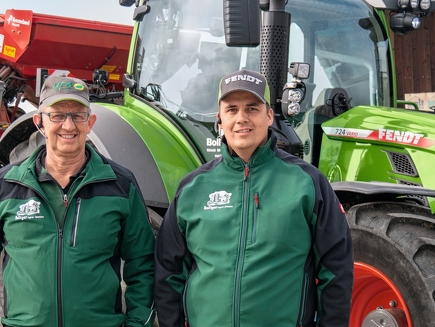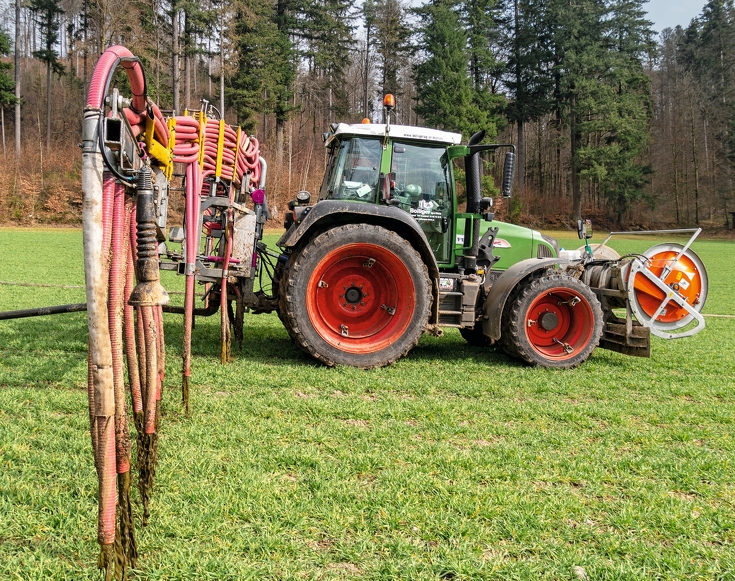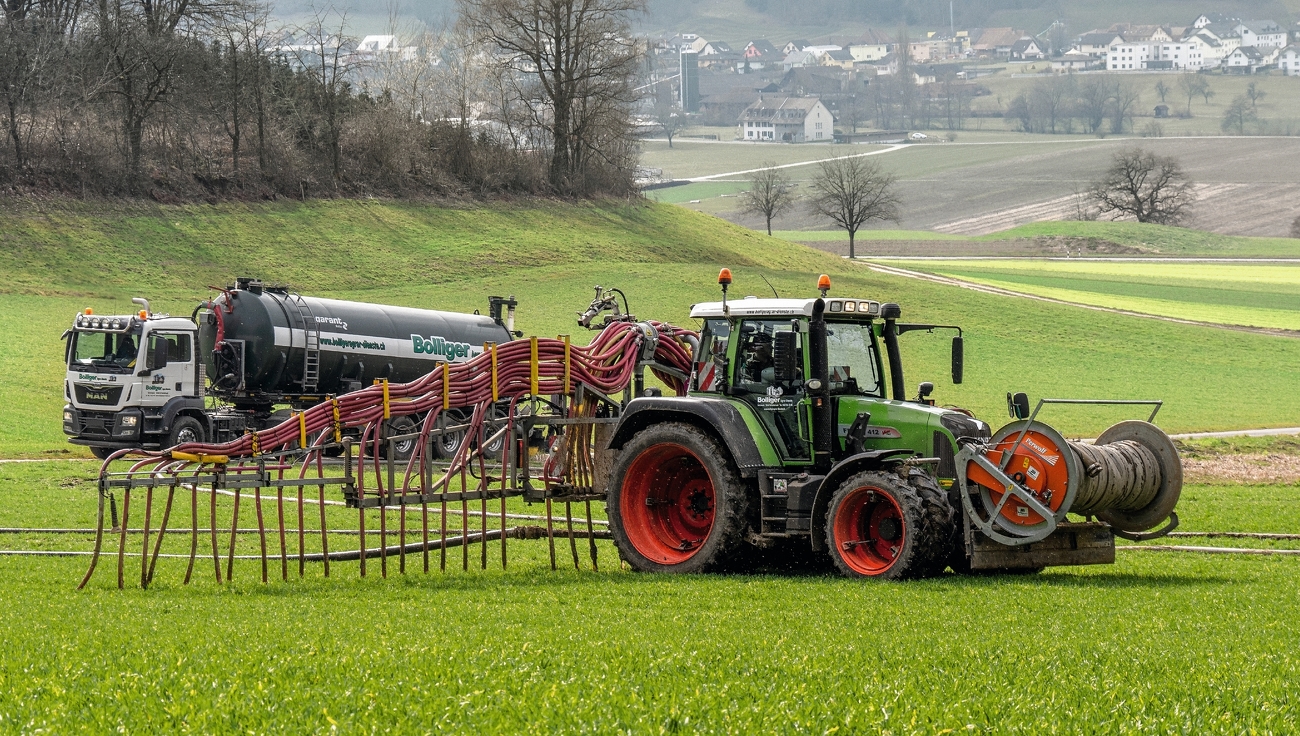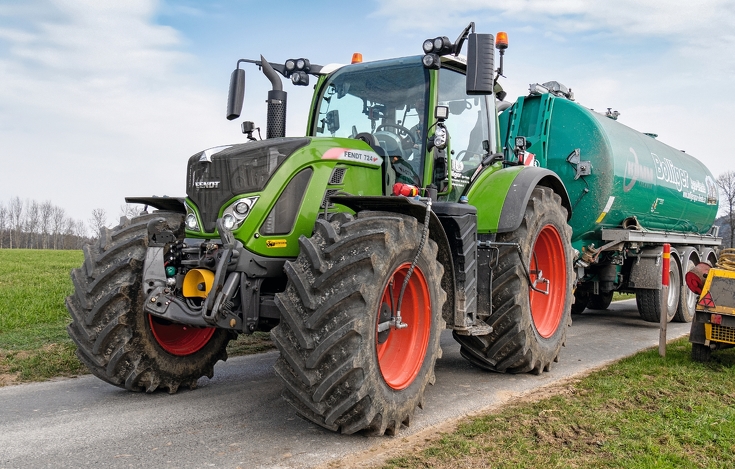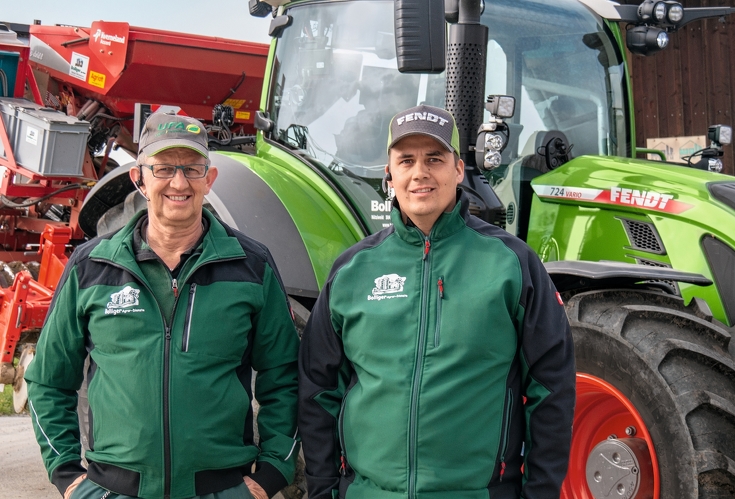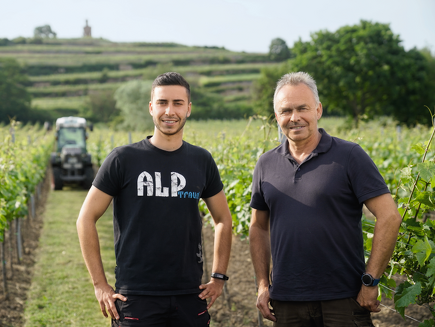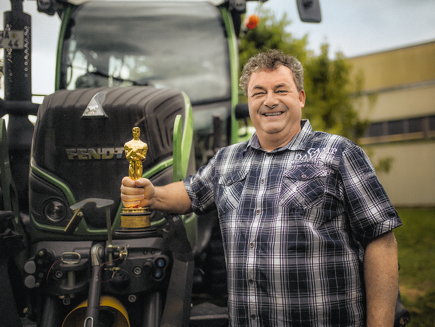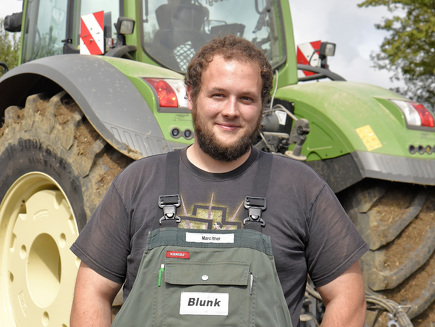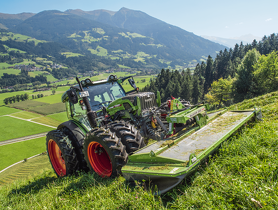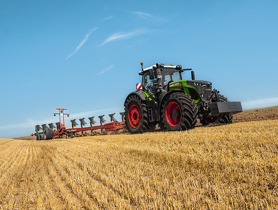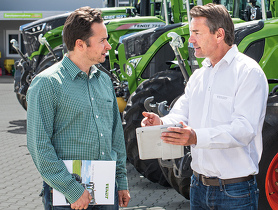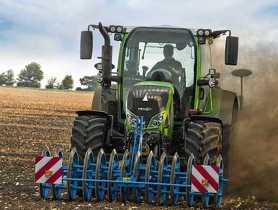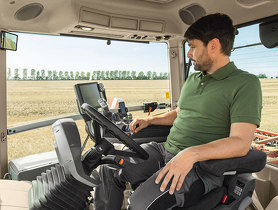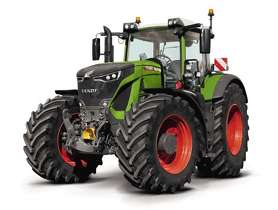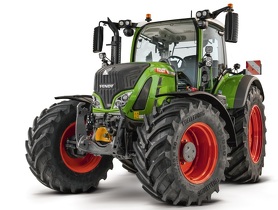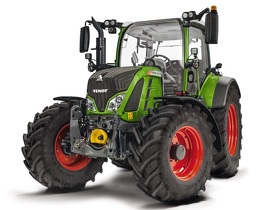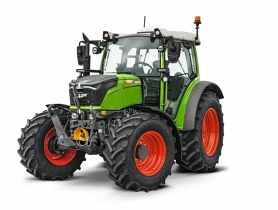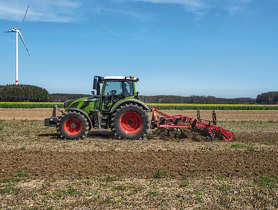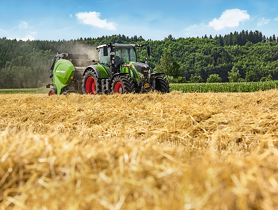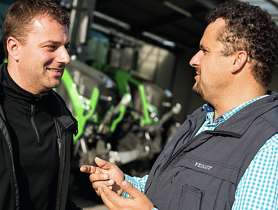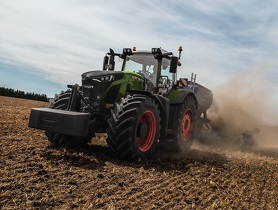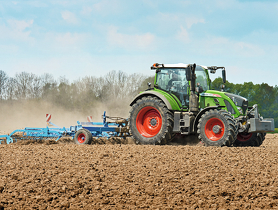Slurry hosing is gentle on the soil and can be used when the soil has not yet dried sufficiently for slurry drums. This method is widely used in Switzerland. The agricultural contractor Bolliger Agrar Dienste has specialised in this method.
The bottling plant is in full at full speed. This is also the case at the Bolliger Agrar Dienste in Schmiedrued in the Swiss canton of Aargau is no different now that spring is here. "At the moment, we are out manuring from early in the morning until late in the evening," says Daniel Bolliger during our visit at the beginning of March. Manuring is one of the mainstays of the contract farm, which is located 700 metres above sea level in the pre-Alpine hill zone. Daniel and his father Rudolf rely entirely on hosing for manure. "This is what we have specialised in over the last few years," says 37-year-old Daniel.
The reasons for this are that this method has a high level of acceptance among farmers because it is gentle on the soil. No farmer wants deep ruts and damage to the soil. In addition, the hose system is more flexible and has a larger time window than the slurry tanker. "With the barrel, you can only go into the fields when the soil has already dried, but with the hose system it is possible sooner," says Bolliger. Especially now in spring, that is a big advantage, he says. "With the ever-increasing amount of slurry that we carry, we also need to have more days for spreading." Another advantage, he says, is that the hose system can be used well on slopes, whereas the slurry tanker quickly reaches its limits of use on slopes. The region in which Bolliger operates is hilly. The meadows and pastures of their customers are largely on steep slopes.

